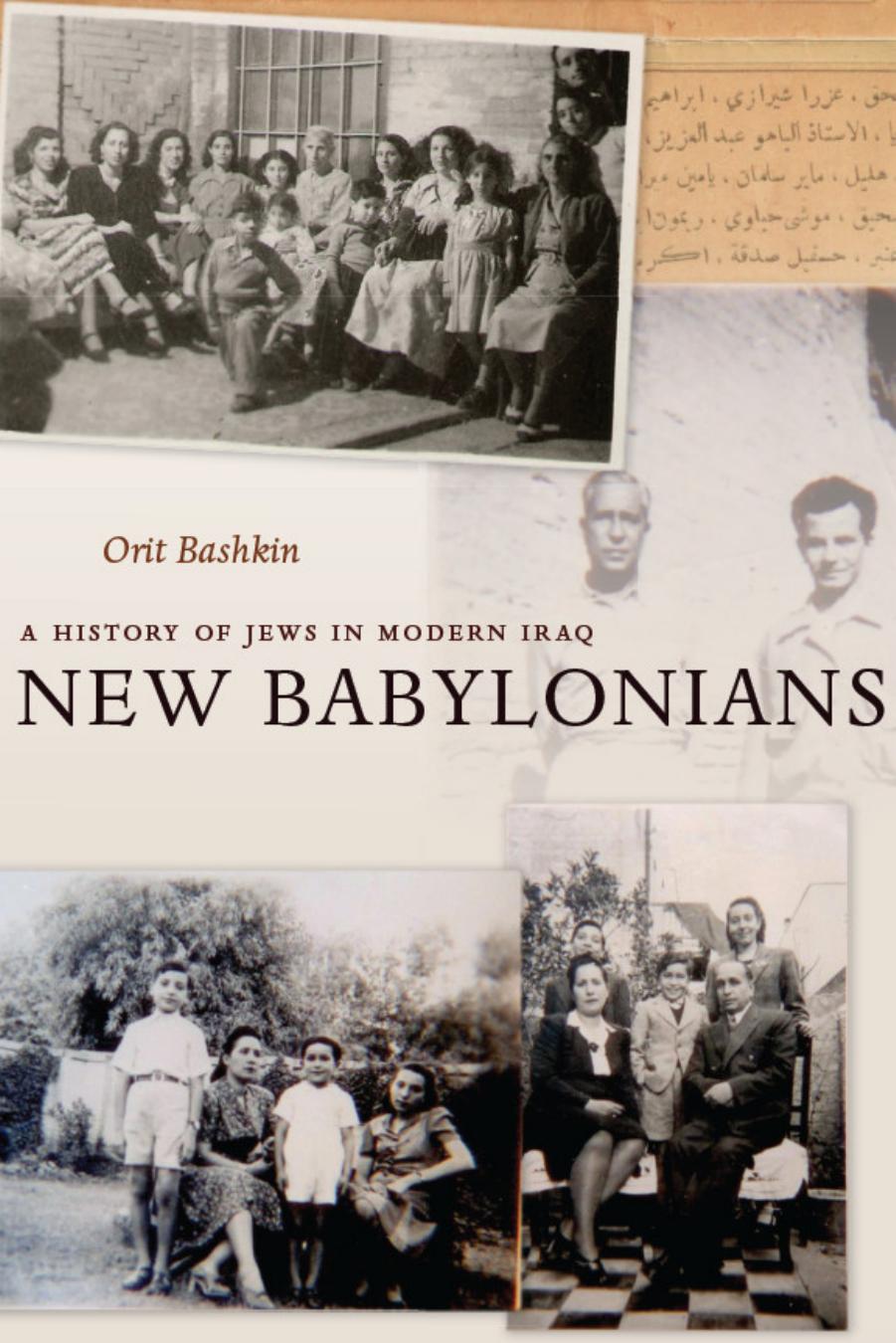New Babylonians: A History of Jews in Modern Iraq by Orit Bashkin

Author:Orit Bashkin [Bashkin, Orit]
Language: eng
Format: azw3, pdf
Publisher: Stanford University Press
Published: 2012-09-12T00:00:00+00:00
6
AN END?
Iraqi Jews and the Iraqi State, 1946â51
Before his arrival in Israel, Sasson Somekh went to visit his friend the poet Akram al-Witri. Witri was surprised that Sasson chose to leave Iraq:
He could not imagine that a person like me, so bound to the Arabic language and close to its culture and literature, would decide to abandon his homeland and the homeland of his ancestors to jump into an unknown territory of strangeness and mystery, war and insecurity.
I tried to explain to him that the situation in Iraq had become unbearable, and that I had no chance of being accepted into an institution of higher learning in Baghdad, merely because I was Jewish. Above all, I explained that there was no democracy in Iraq. . . . Akram stopped me gently, then continued to admonish me: How will you manage in a country whose citizens are a mixture of all the communities and languages, he asked, the future of which is not at all certain?1
The concerns raised by Akram were not unfounded. The departure of Jews from Iraq is puzzling in retrospect, considering the degree to which the Iraqi Jews were immersed in Iraqi life and culture. This emigration, however, was spurred by the increasingly volatile situation in the years 1948â51. The desire of the state of Israel to bring Iraqi Jews to Israel, in conjunction with a brutal right-wing nationalist activity and the ineptitude of the Iraqi leadership, provided the impetus for emigration. A vicious circle was set in motion during these years. The escalation of the conflict in Palestine prompted Iraqi right-wing politicians to mark Iraqi Jews as Zionists. The state did not make much of an effort to discredit these right-wing propaganda efforts, and at times even incited anti-Jewish acts, with the result that younger Jews turned to Zionism. The state of Israel for its part seized upon the Iraqi governmentâs actions as the ultimate proof that Arabs and Jews could not live together.
When describing this vicious circle, the reasons behind the Iraqi stateâs actions are not readily apparent. The Israeli motivations are easier to explicate. As laid out by the important works of Esther Meir, Abbas Shiblak, Haim Cohen, Moshe Gat, and Yehouda Shenhav, as well as by Zionist agents in Iraq, it is clear why the state of Israel wanted Iraqi Jews to come to Israel and why Zionist Iraqis wished to leave Iraq. The central tenet of Zionist ideology was that Israel was the homeland of every Jew. Events such as the Farhud indicated to Zionist officials that Jewish communities in the Middle East were in peril and needed to be saved by a Jewish state.2 Furthermore, after 1942 the realization of the dimensions of the Holocaust caused the Zionist movement to turn its attention eastward, namely, toward the 750,000 Jews who lived in the Muslim world, 135,000 of whom lived in Iraq (0.7 percent of the worldâs Jewry).3 Therefore, I do not focus in this chapter on the activities of Israel as much as I do on things that have happened in Iraq itself.
Download
New Babylonians: A History of Jews in Modern Iraq by Orit Bashkin.pdf
This site does not store any files on its server. We only index and link to content provided by other sites. Please contact the content providers to delete copyright contents if any and email us, we'll remove relevant links or contents immediately.
| Africa | Americas |
| Arctic & Antarctica | Asia |
| Australia & Oceania | Europe |
| Middle East | Russia |
| United States | World |
| Ancient Civilizations | Military |
| Historical Study & Educational Resources |
The Third Pole by Mark Synnott(943)
Money for Nothing by Thomas Levenson(929)
The Economist (20210109) by calibre(917)
Christian Ethics by Wilkens Steve;(850)
Made in China by Anna Qu(842)
The Age of Louis XIV: The Story of Civilization by Will Durant(814)
Nonstate Warfare by Stephen Biddle(803)
Reopening Muslim Minds by Mustafa Akyol(792)
100 Posters That Changed The World by Salter Colin T.;(772)
Culture by Terry Eagleton(766)
The Shortest History of China by Linda Jaivin(754)
The Great Pyramid Void Enigma by Scott Creighton(748)
The Irish Buddhist by Alicia Turner(745)
Ideology by Eagleton Terry;(728)
Routledge Handbook of Contemporary India by Knut A. Jacobsen(725)
Sybille Bedford by Selina Hastings(675)
The Jews of Silence: A Personal Report on Soviet Jewry by Elie Wiesel(671)
Banaras: CITY OF LIGHT by Diana L. Eck(661)
Objects of Vision by Saab A. Joan;(655)
